When agreeing to serve on the board of a nonprofit, individuals commit to more than just giving up an hour a month for board meetings. Every director has a responsibility to help manage the affairs of the nonprofit and to help it carry out its purpose. This responsibility isn’t only from wanting to do what’s right, there are legal obligations for individuals agreeing to serve on a board of directors. The three broad duties under which the legal responsibilities of directors’ fall are:
Duty of Care: Directors must act in good faith when carrying out their duties as a director. In simple terms, every director needs to be actively involved with the organization. Within the duty of care, there are two main responsibilities:
- Decision Making: Directors need to actively participate in votes and make sure they have enough information to make an informed vote. To get the needed information, directors should regularly attend board meetings, review relevant materials provided by management, and participate in discussions at board meetings.
- Oversight: Directors need to oversee the financial activities of the nonprofit, as well the other activities. As part of financial oversight, board members should discuss the internal controls with management to help identify potential weaknesses in the control structure. Directors need to be aware of what is going on in the organization and should ask questions when something looks unusual.
Duty of Loyalty: Directors should put the interests of the organization ahead of their own interests. If a director has a conflict of interest, positive or negative, it must be disclosed to the full board or an appropriate committee of the board. Written policies for how a conflict of interest will be handled should be in place.
Duty of Obedience: Directors must ensure that the nonprofit follows its governing documents (bylaws, articles of incorporation), as well as relevant state and federal laws and regulations. Beyond that, the board ensures that the activities of the organization are in support of the stated mission of the nonprofit.
Individuals already serving on a board, or considering service, should be aware of and understand these duties. Failure to fulfill these duties will be detrimental to the nonprofit and may expose the director to personal liability. Complying with these requirements is not a tremendous mountain to climb and won’t be a concern for “good” board members.
At Forge, we work with hundreds of nonprofit organizations. We are glad to share our experienced insights about what makes certain boards and directors more successful in their respective organizations. However, we advise you to direct specific questions about the legal duties of board service to your nonprofit’s attorney.
If you’re involved with directors who aren’t fulfilling their responsibilities, I encourage you to remind them of these duties. In many cases, a simple reminder of the legal responsibilities of being a director is enough to get the discussion started on what an organization needs from its board. Of the most successful nonprofits I’ve worked with, they’ve all had strong boards with directors who took their responsibilities to the organization seriously – it isn’t coincidental that the best organizations have great boards and directors.
ABOUT THE AUTHOR
Forge Team
Relevant Posts
Learn What Your Business Needs Most to Unlock Faster Growth
Your business relies on four key areas, or centers of intelligence, to thrive. Take the free Business Intelligence Grader to see how you score across financial, leadership, productivity, and human intelligence and learn where to focus to drive greater results.
Your business relies on four key areas, or centers of intelligence, to thrive. Take the free Business Intelligence Grader to see how you score across financial, leadership, productivity, and human intelligence and learn where to focus to drive greater results.



